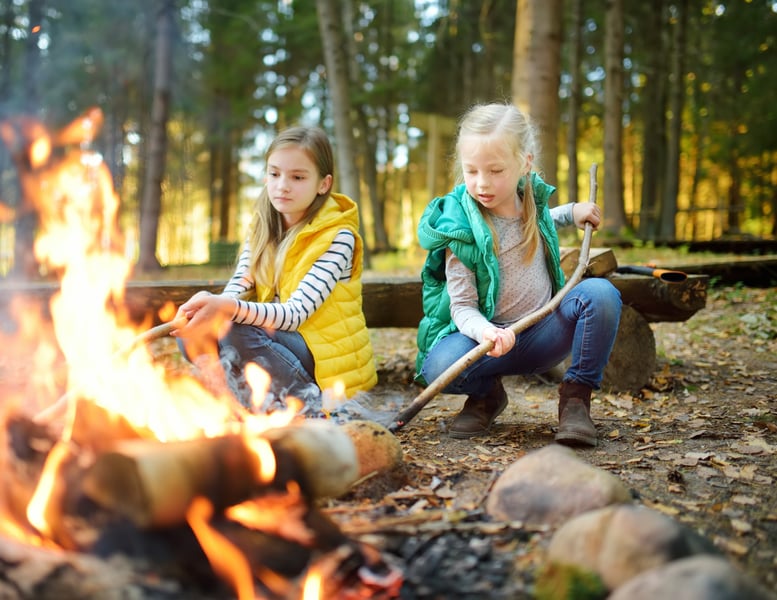Get Healthy!

- Cara Murez
- Posted March 12, 2023
Parents, Plan Now for Allergy-Free Summer Camp
Planning for a safe summer camp experience requires some extra steps if your child has asthma or allergies.
An allergy expert noted that it's a huge concern for parents.
"Most kids heading off to summer camp for the first time wonder how they'll cope sleeping in a cabin with 10 other kids, if they'll make friends, and what exactly is in the bug juice,"said allergist Dr. Kathleen May, president of the American College of Allergy, Asthma and Immunology (ACAAI).
"Meanwhile, parents of kids with allergies and asthma are wondering if the camp is prepared to handle an emergency situation should one arise," May said in a college news release.
ACAAI offered some tips for a safe camp experience:
- Consider a camp focused on kids with food allergies or asthma. These camps provide specialized medical staff who are trained in treating allergic diseases. An internet search may help you find one nearby.
- Make sure prescriptions are up to date, symptoms are under control and your child's medication dosage hasn't changed.
- If your child has a prescription for an epinephrine auto injector because of a severe allergy, be sure you have a ready supply. Ask your child's doctor about updating his or her COVID vaccination before camp.
- Talk to camp personnel about your child's health needs well in advance. Let the camp know if asthma would make some activities difficult for your child. Send details about medications. Ask how camp staffers handle emergencies. Find out where the nearest hospital is located and how easy it is for staff to get there.
- Talk with kitchen staff about your child's food allergies and be sure that no areas exist where cross contamination can occur. Find out how the camp monitors and communicates food allergy information before deciding if a camp is right for you and your child.
- If your child attends day camp, send a bagged lunch so you can be sure there are foods he or she can safely eat. Remind your child that eating other kids' food isn't OK.
- Your camper should tell friends about their food allergy so that if a reaction happens, their friends will be prepared to help.
- Coming into contact with poison ivy, oak and sumac can be a particular issue for those who are allergic. The resulting rash is a form of allergic contact dermatitis. While you can send along calamine lotion with your camper, they'll probably need a trip to the camp nurse or doctor, too. Remind your camper of the saying, "Leaves of three, let them be."
More information
The Academy of Nutrition and Dietetics has more on keeping kids with food allergies safe.
SOURCE: American College of Allergy, Asthma and Immunology, news release, March 7, 2023




